Thermally Conductive Films
Information
Products that are marked "On Order" in the "Available Quantity" column are usually not in stock. Such products are available for purchase, however, due to their limited customer base, they usually have higher minimum quantities. DACPOL offers products that are not in stock for the following reasons: DACPOL currently has a large number of electronic components in stock and adds new products every day, however, tens of thousands of additional components and their various variants are available from our suppliers. Even though it is unreasonable to have all these products in stock due to the limited sales, we believe that it is in the best interest of our customers to make them available. Our goal is to inform customers about the maximum number of products available and enable them to make decisions based on specifications, prices, availability, required minimums and our technical advice. Please note that selecting the "In Stock" checkbox may limit the display to only products available for delivery straight from the shelf.
| Image | View the product | No. Manufacturer | ||||||||
|---|---|---|---|---|---|---|---|---|---|---|
| picture_as_pdf |
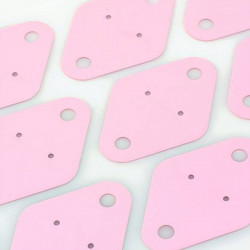
|
Kerafol | Thermal thermal insulating materials | SEE IT | -- | On Order | -- | -- | -- | -- |
| picture_as_pdf |

|
Kerafol | U85 | SEE IT | -- | On Order | ||||
| picture_as_pdf |

|
Kerafol | Keratherm U80 thermal pad | SEE IT | U80 | On Order | ||||
| picture_as_pdf |
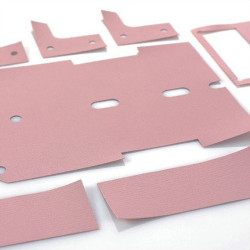
|
Kerafol | 86/82 | SEE IT | 86/82 | On Order | ||||
| picture_as_pdf |
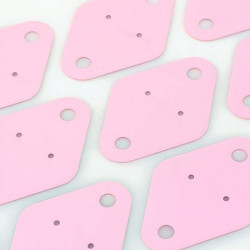
|
Kerafol | KERATHERM 86/60 heat pad | SEE IT | 86/60 | On Order | ||||
| picture_as_pdf |
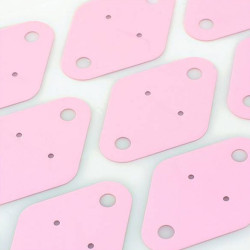
|
Kerafol | Keratherm 86/50 heat -conducting pad | SEE IT | 86/50 | On Order | ||||
| picture_as_pdf |
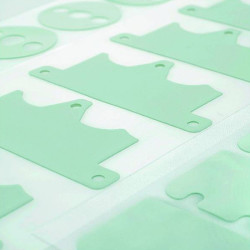
|
Kerafol | Keratherm 86/37 heat -conducting pad | SEE IT | 86/37 | On Order | ||||
| picture_as_pdf |

|
Kerafol | Keratherm U90 thermal pad | SEE IT | U90.RO.00200.M000470 | On Order | ||||
| picture_as_pdf |
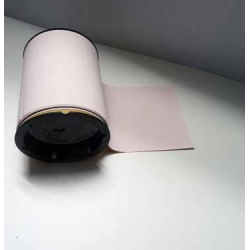
|
Kerafol | KERATHERM L86/50 -PEEK heat -conducting pad | SEE IT | -- | On Order | ||||
| picture_as_pdf |
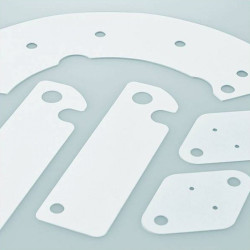
|
Kerafol | Keratherm 86/30 heat -conducting pad | SEE IT | 86/30 | On Order |
Results per page:
Thermal pads are special components, often in the form of thin layers, used between two surfaces to facilitate heat conduction. Their main purpose is to effectively dissipate heat generated by electronic components, helping to maintain appropriate temperatures and prevent overheating. Below, you will find some key information about thermal pads:
Thermal Pad Features:
-
Materials:
- They can be made from various thermally conductive materials, such as silicone, thermal rubber, ceramic materials, or special composites.
-
Thickness:
- They are typically available in various thicknesses, allowing for customization to specific requirements and design tolerances.
-
Thermal Conductivity:
- They exhibit good thermal conductivity, effectively transferring heat from one component to another.
-
Flexibility:
- Depending on the material, they can be somewhat flexible, making them suitable for irregularly shaped surfaces.
-
Resistance to Extreme Conditions:
- Depending on the material used, they can be resistant to high temperatures, chemicals, or moisture.
Applications of Thermal Pads:
-
Electronics:
- In computers, laptops, smartphones, where they are placed between processors and heatsinks for efficient cooling.
-
LED Lighting:
- In LED modules to maintain the proper temperatures of LED diodes.
-
Automotive:
- In automotive electronics, such as between power circuits and radiators.
-
Industrial:
- In various industrial applications where effective heat dissipation from electronic components is necessary.
Thermal pads are a crucial element in the field of heat management in electronics and other industries, where efficient cooling is essential to maintain component performance and durability.



